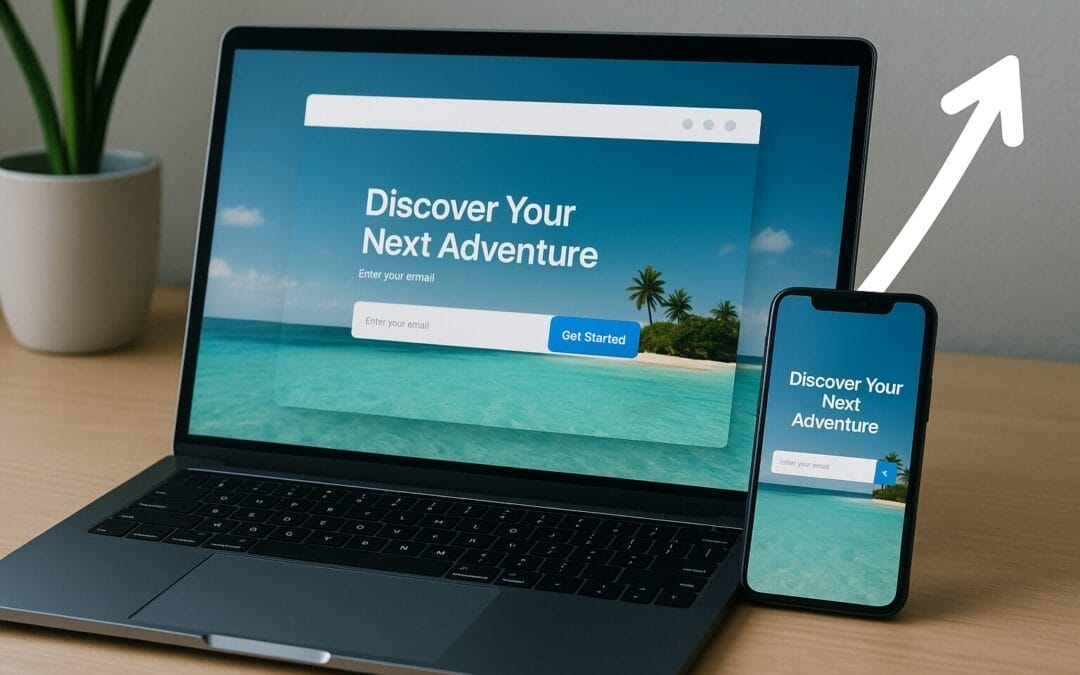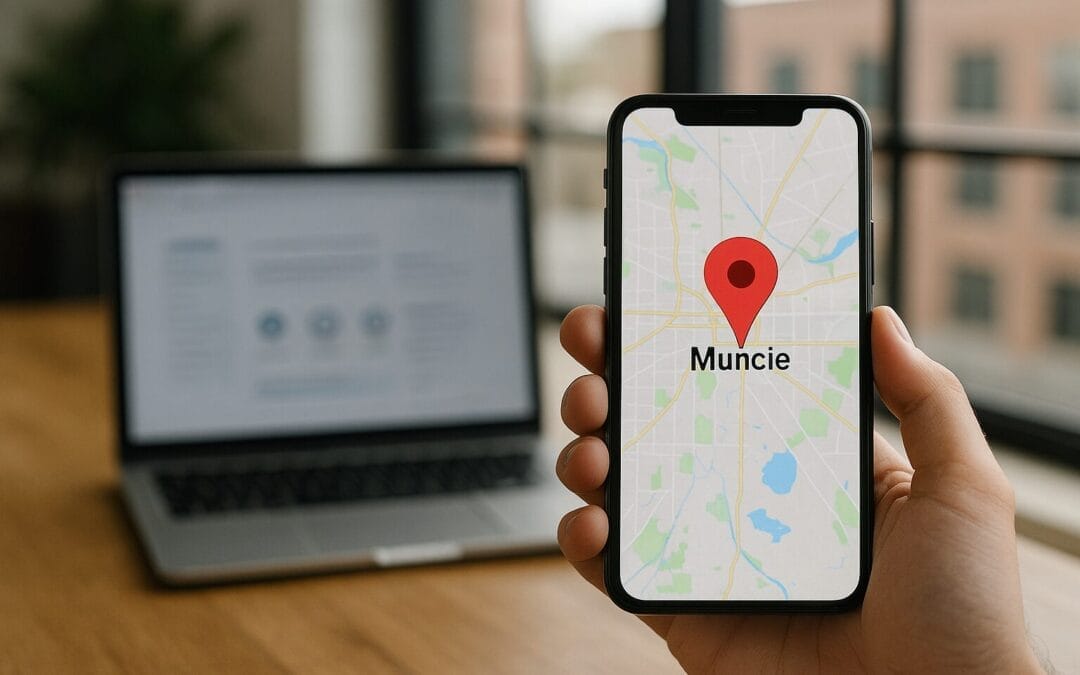Search Engine Optimization (SEO) is the cornerstone of a successful online presence. It’s the practice of optimizing your website to rank higher on search engine results pages, making it more visible to potential visitors. In this beginner-friendly guide, we’ll explore essential SEO tips that can help you improve your website’s visibility and attract organic traffic.
1. Understand the Basics of Keywords
Keywords are the terms and phrases that people use to search for information online. Conduct keyword research to identify relevant keywords for your content. Tools like Google Keyword Planner can help you find popular and relevant keywords for your niche.
2. Create High-Quality, Relevant Content
Quality content is the backbone of any successful SEO strategy. Write informative, engaging, and relevant content that addresses the needs and interests of your target audience. Aim for originality and avoid duplicate content.
3. Optimize Title Tags and Meta Descriptions
Title tags and meta descriptions are crucial elements for both search engine rankings and user engagement. Craft compelling and descriptive titles that accurately represent your content. Meta descriptions should provide a concise summary of what users can expect to find on your page.
4. Utilize Heading Tags Properly
Heading tags (H1, H2, H3, etc.) help search engines understand the structure and hierarchy of your content. Use them to organize your content into sections and provide a clear outline for both users and search engines.
5. Optimize Images for SEO
Images are an important part of user experience and can contribute to your SEO efforts. Use descriptive alt tags for images to help search engines understand their content. Additionally, optimize image file sizes for faster page loading times.
6. Ensure Mobile-Friendly Design
With the increasing use of mobile devices, having a mobile-friendly website is crucial for SEO. Ensure that your website is responsive and provides a seamless experience for users on all devices.
7. Focus on Page Loading Speed
Page speed is a critical factor for both user experience and search engine rankings. Compress images, minify code, and leverage browser caching to improve loading times.
8. Build High-Quality Backlinks
Backlinks are links from other websites to yours. Focus on obtaining high-quality, relevant backlinks from authoritative sources. Quality matters more than quantity in this case.
9. Monitor Website Analytics
Use tools like Google Analytics to track your website’s performance. Analyze metrics like traffic sources, bounce rate, and user behavior to understand what’s working and where there’s room for improvement.
10. Stay Informed and Adapt
SEO is a dynamic field, and search engine algorithms are constantly evolving. Stay updated with industry trends and algorithm changes to adapt your SEO strategy accordingly.
Conclusion: Lay the Foundation for SEO Success
Implementing these beginner-friendly SEO tips is a solid starting point for improving your website’s visibility and attracting organic traffic. Remember, SEO is an ongoing process that requires patience and consistent effort. By focusing on user experience, relevant content, and best practices, you’re setting the stage for long-term SEO success.
All of our websites are SEO friendly and can help you rank higher on Google. You can check out our website builds here.















